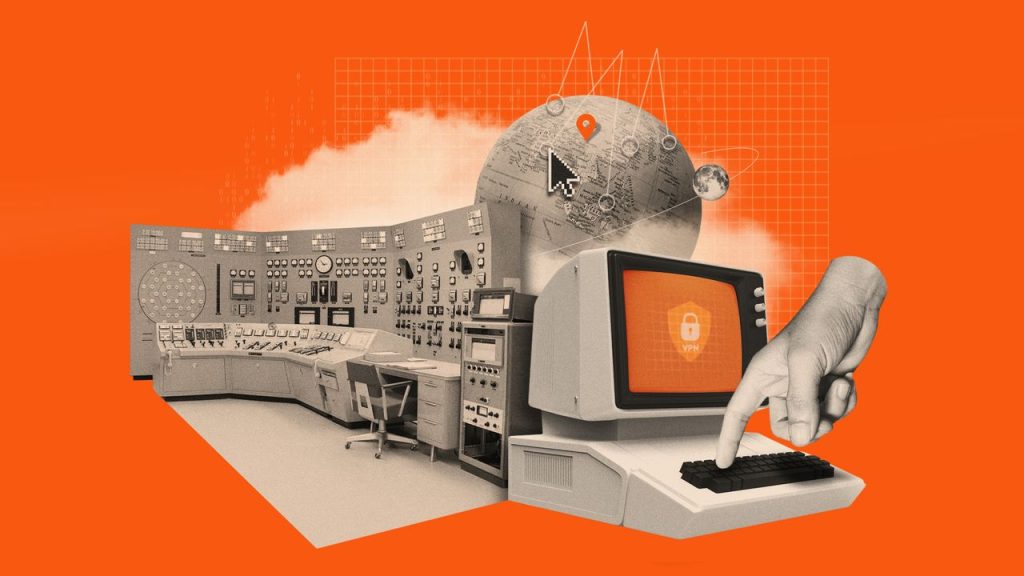Interest in digital tools that can hide or alter an internet user’s location has exploded in the days since the UK introduced age verification for online adult content.
Virtual private networks (VPNs) made up half the top 10 most popular free apps downloaded in the UK last weekend, according to Apple’s rankings. Proton VPN, which leapfrogged ChatGPT at the top of the chart, reported a more than 1,400% increase in sign-ups from UK-based users since the new rules came into effect on Friday.
VPNs are often relied on by citizens in authoritarian regimes such as Iran to get around strict internet censorship, Proton said on X, and such “large spikes in sign-ups” would typically be associated with “major civil unrest”.
“Once the domain of Silicon Valley techies and security engineers”, VPNs have “become mainstream with the rise of remote working and growing concerns over online privacy“, said The Independent.
How do they work?
Once installed on your device, a VPN encrypts your traffic, sending it through a remote server that disguises your internet protocol (IP) address. This process, known as a “handshake”, allows users to mask their true geographical location.
“It is a bit like using a phone box instead of your own phone to make a call, so that the receiver cannot tell who is ringing,” said The Telegraph. The ability to alter one’s digital location enables a wide spectrum of activity, from accessing uncensored news in authoritarian states to browsing streaming service catalogues from other countries.
VPNs also allow users to hide their browsing activity from employers, advertisers, hackers and even their own internet service providers.
What are the benefits and drawbacks?
While enhancing your online privacy, a VPN does not completely anonymise your traffic. Your personal data and logins will still be retained by websites, and a VPN cannot prevent malware from infecting your system.
Connecting to a VPN can slow down your internet speed and increase your data usage, and “not all VPN providers are trustworthy”, said Forbes. “Some may log your browsing activity or sell your data”, especially if they are offering their services for free. “Truly secure and effective VPNs usually come at a cost” – in the region of £10 a month.
VPNs are also banned altogether in some countries – such as China, Iran, Russia, Belarus and some Gulf states – meaning you could face legal action if caught using one there.
Are they legal in UK?
VPNs are legal in the UK and remain so under the new Online Safety Act, despite support from the then Labour opposition for more restrictions on their use. It remains illegal to use them to watch pirated films and football matches. While using a VPN to bypass geographical restrictions on streaming services is not illegal, it is considered a violation of terms of service and could result in a ban from the platform.
Under the new age verification rules, Ofcom has told platforms not to host, share or permit content encouraging the use of VPNs. Its head, Melanie Dawes, told MPs in May that “a very concerted 17-year-old who really wants to use a VPN to access a site they shouldn’t may well be able to”.
“That’s the beauty of VPNs,” Anthony Rose, a UK-based tech entrepreneur and a critic of the new age verification measures, told the Financial Times. “You can be anywhere you like, and anytime a government comes up with stupid legislation like this, you just turn on your VPN and outwit them.”
UK sees surge in use of virtual private networks after age verification comes into effect for online adult content
